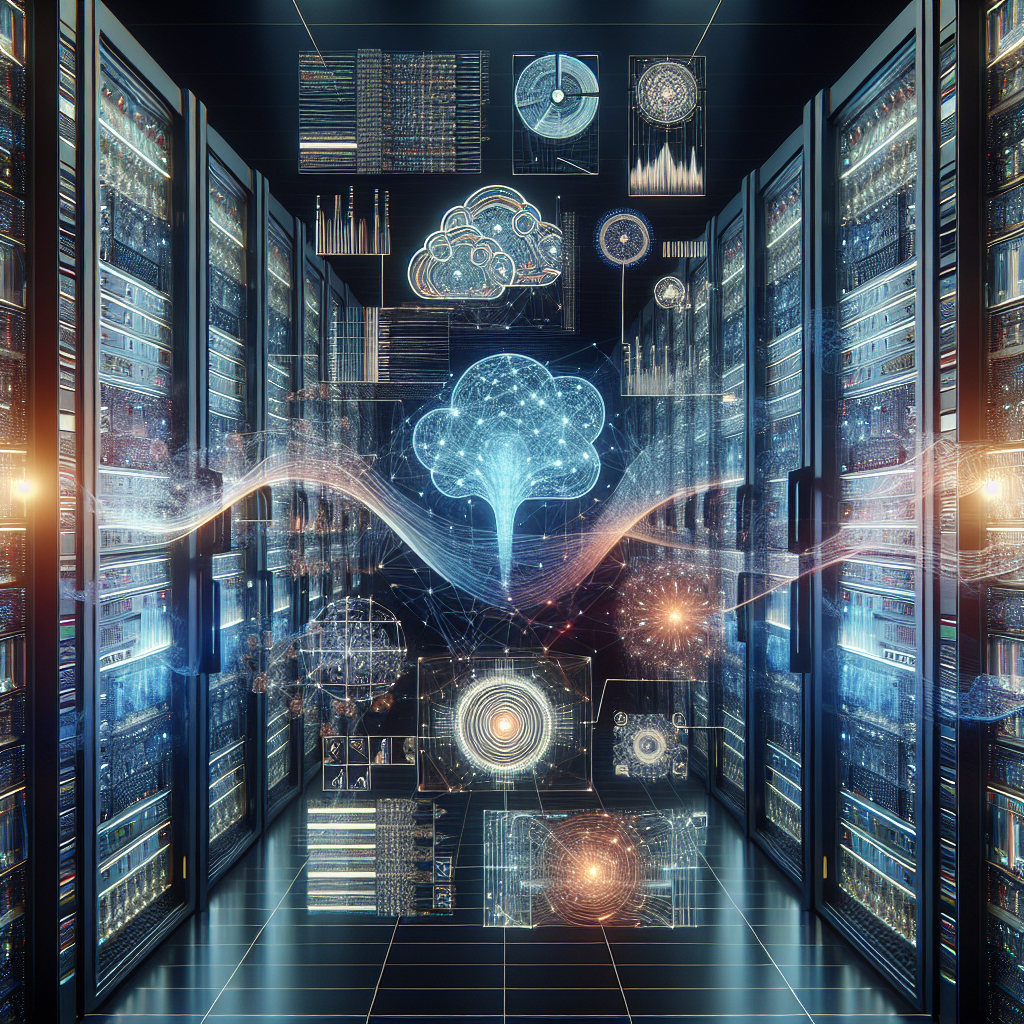Fix today. Protect forever.
Secure your devices with the #1 malware removal and protection software
Data centers have always played a crucial role in the world of technology, acting as the backbone of the digital infrastructure that powers our online activities. With the rise of big data analytics and machine learning, the importance of data centers is only set to grow even further in the coming years.
Big data analytics and machine learning have revolutionized the way organizations collect, process, and analyze vast amounts of data to gain valuable insights and make informed decisions. These technologies rely on the availability of massive computing power and storage capacity, which data centers are uniquely equipped to provide.
In the past, data centers were primarily used for storing and managing data. However, with the increasing volume and complexity of data generated by businesses and individuals, data centers now need to be more than just storage facilities. They must also be able to process and analyze data in real-time to support the demands of big data analytics and machine learning applications.
To meet these challenges, data centers are evolving to become more efficient, scalable, and agile. This includes the adoption of cloud computing technologies, virtualization, and software-defined networking to optimize resource utilization and improve performance. Data centers are also incorporating artificial intelligence and automation tools to streamline operations and reduce the risk of human errors.
One of the key trends shaping the future of data centers is edge computing. Edge computing involves processing data closer to where it is generated, rather than sending it to a centralized data center. This approach reduces latency and bandwidth requirements, making it ideal for real-time applications such as IoT devices and autonomous vehicles. Data centers will need to adapt to support edge computing by deploying smaller, distributed data centers at the edge of the network.
Another important trend is the increasing demand for data centers to be environmentally sustainable. As data centers consume a significant amount of energy, there is a growing push for them to adopt renewable energy sources, improve cooling efficiency, and reduce carbon emissions. Data centers are also exploring innovative cooling technologies, such as liquid cooling and free cooling, to minimize their environmental impact.
In conclusion, data centers will play a vital role in supporting the growth of big data analytics and machine learning in the coming years. By embracing new technologies and practices, data centers can continue to meet the evolving needs of businesses and society while driving innovation and efficiency in the digital age. The future of data centers is bright, and they will continue to be at the forefront of technological advancements for years to come.
Fix today. Protect forever.
Secure your devices with the #1 malware removal and protection software

Leave a Reply
You must be logged in to post a comment.